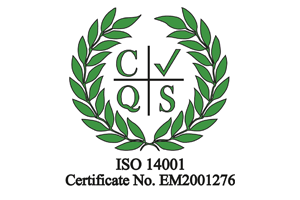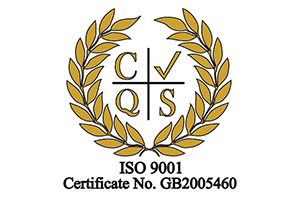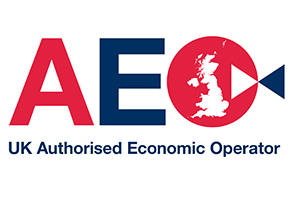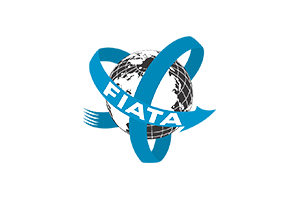New Safety and Security Declaration (SSD) requirement for goods imported from EU to GB comes into force on 31st January 2025
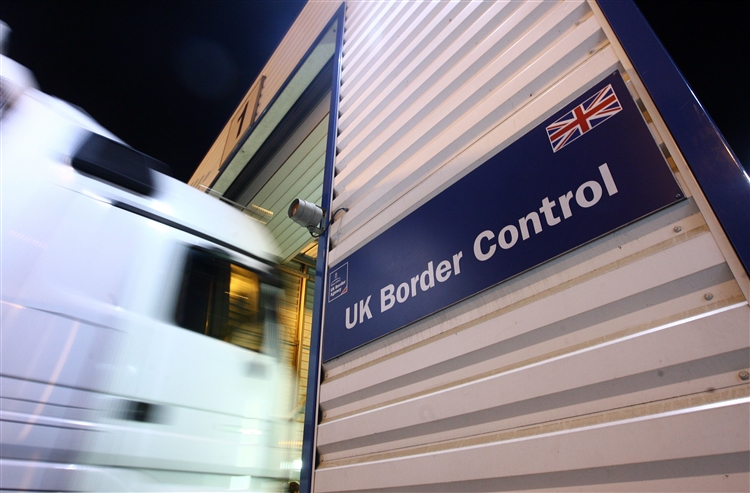
If you’re involved in importing goods from the European Union to Great Britain, as a shipper or a carrier, it’s important that you are aware of significant regulatory changes coming into effect on 31 January 2025.
From this date, all businesses importing goods from the EU to GB will be required to submit a Safety and Security Declaration (SSD). This new requirement, part of the UK government’s broader efforts to strengthen its customs and security frameworks, aims to enhance border security and improve the UK’s ability to manage risks posed by imported goods.
This article serves as an advanced warning to help importers and carriers prepare for the new SSD obligation. Understanding the key aspects of this change, its implications for your business, and the steps you need to take in advance will ensure you stay compliant and avoid potential disruptions to your supply chain.
What is a Safety and Security Declaration (SSD)?
A Safety and Security Declaration is a document that provides information on the goods being imported, ensuring that they comply with UK safety, security, and customs regulations. It forms part of a wider strategy to ensure that goods entering the UK are not only compliant with relevant laws but also pose no threat to national security, public health, or safety.
The SSD will contain critical information about the shipment, including the nature of the goods, the consignor (sender), consignee (receiver), and the transport route. It’s designed to ensure that any potential risks related to the goods entering the country are identified and managed ahead of time.
Why is this change happening?
The requirement for Safety and Security Declarations was a part of the UK’s broader customs policy following Brexit. While the UK left the EU in 2020, the customs systems between the two territories have remained aligned to some extent in the years since. However, the UK government has indicated that starting in 2025, it will implement more stringent customs controls to ensure the safety and security of its borders.
By introducing this new requirement, the UK aims to:
- Enhance border security: The SSD provides vital information on the movement of goods and helps authorities spot potential threats to national security, such as counterfeit products, illegal items, or dangerous substances.
- Streamline customs processes: A clearer understanding of the nature of imports helps streamline customs clearance, ensuring that shipments are processed efficiently and accurately at the border.
- Align with international standards: The UK is working to align its customs procedures with global best practices, as part of efforts to integrate better into the international trade system.
- Reduce the risk of fraud: With more detailed information about the cargo, customs authorities will be better positioned to identify and combat fraud or misrepresentation of goods.
How will the Safety and Security Declaration affect your business?
The SSD will have several key impacts on your business operations, particularly on the logistics and customs clearance processes for shipments from the EU to Great Britain. Here’s what you need to know:
- Submission requirement: Starting from 31 January 2025, every shipment imported into Great Britain from the EU will require a Safety and Security Declaration. This means businesses will have to ensure that the relevant declaration is submitted to customs before goods arrive at the border. Failure to submit the required documentation could result in delays, fines, or the goods being held at customs.
- New administrative burden: For many importers and carriers, the need to submit an SSD adds an additional layer of paperwork and administrative tasks to the process of importing goods. You’ll need to ensure that your logistics operations team are well-prepared to handle this extra requirement.
- Impact on customs processes: The introduction of the SSD is likely effect the time it takes for customs clearance. Customs officers will need time to review the details provided in the declaration, which could result in a longer wait time at the border.
- Risk of penalties for non-compliance: The penalties for non-compliance could be substantial. These could include financial fines, trucks and goods being detained or delayed, or other legal consequences. Ensuring that all shipments are accompanied by the necessary SSD documentation is essential to avoid these risks.
- Cost implications: Importers may need to budget for the cost of ensuring that the SSD is correctly submitted. This is likely to manifest as additional charges from third-party customs brokers such as ourselves.
How can you prepare for the safety and security declaration requirement?
To minimise disruptions and ensure compliance with the new regulation, businesses should start preparing for the SSD requirement now. Here are some key steps to take:
- Review your current import processes: Take a close look at how your goods are currently imported into the UK from the EU. Identify areas where you will need to make changes to accommodate the SSD requirement. Consider working closely with your logistics providers and customs agents to ensure everyone is ready.
- Invest in training and awareness: Your team needs to understand the new regulations and the necessity and importance of Safety and Security Declarations.
- Coordinate with customs agents: Work closely with your customs agent to ensure that they are ready to assist you in submitting Safety and Security Declarations. Efret are prepared for this new requirement and we have already adapted our systems and procedures to accommodate it.
- Plan for potential delays: The introduction of SSDs may lead to delays at the border, particularly in the initial months of the new requirement. As part of your preparations, plan for these delays in your logistics and supply chain management to avoid potential disruptions to your operations.
Conclusion
The new Safety and Security Declaration requirement, set to come into force on 31st January 2025, will impact all businesses importing goods from the EU to Great Britain. By taking proactive steps now to understand the new rules and engage with a specialist customs broker, you can ensure a smooth transition to the new regulatory environment. Failing to comply with these new requirements could result in delays, penalties, or other disruptions, so it’s important to act now to avoid any setbacks in your import processes.
The experienced customs clearance team at Efret are ready and equipped to support shippers and carriers through this new requirement and to keep any potential disruption to a minimum.
Get in touch with us for advice, a quote or to find out more about our complete customs service.
Contact us by phone: +44 (0) 1202 132 779, email [email protected] or send us a secure online message here:
Recent articles

Amazon recognises Efret as a pioneer of European transport
13th November 2024 2 minute read

Efret celebrates ISO 14001 certification
6th November 2024 1 minute read

Bridgestone award Efret ‘Class A’ performance status for European transport services
18th September 2024 1 minute read


